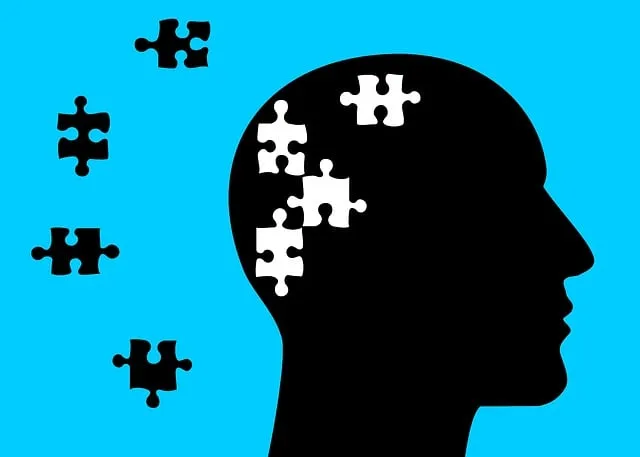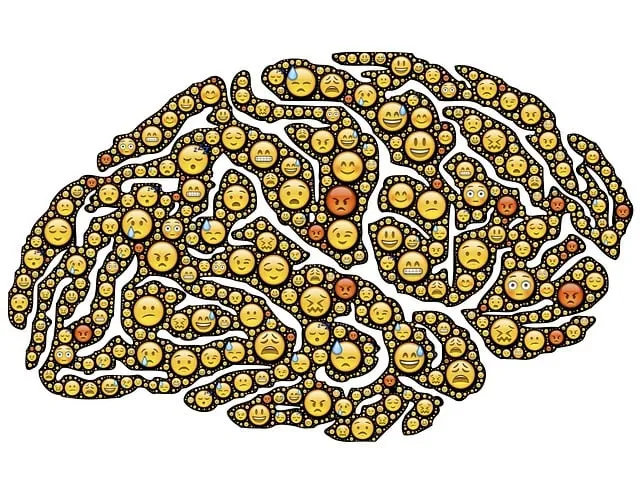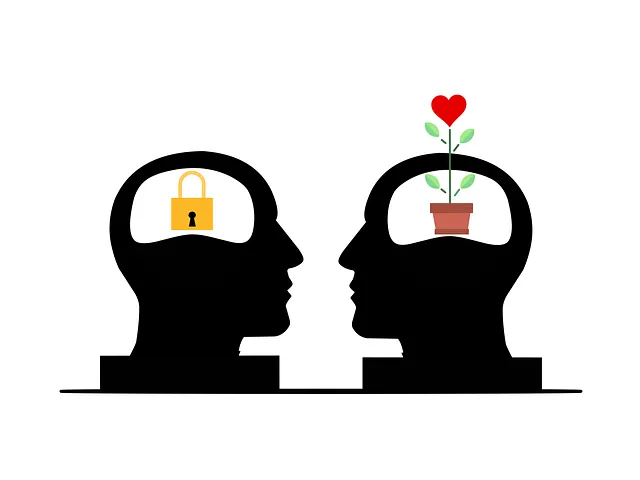The Longmont Kaiser Permanente Mental Health Access Center prioritizes Social Skills Training as a vital tool for managing and enhancing mental well-being. Through resilience-building, coping skills development, and tailored communication techniques, the center equips individuals with the tools to navigate social interactions successfully. This comprehensive approach benefits both patients and healthcare providers, fostering better patient outcomes, stronger support networks, and improved mental resilience. The center's inclusive environment, adaptable methods, and diverse programs, including public awareness campaigns and podcasts, cater to various learning styles and encourage open dialogue about mental health.
Social skills training plays a pivotal role in managing mental health conditions, fostering better interactions and improving overall well-being. This article delves into the significance of such training, highlighting the crucial support provided by the Longmont Kaiser Permanente Mental Health Access Center. We explore effective strategies and techniques, offering practical guidance for implementing social skills training that can transform lives. Discover how this center leads the way in enhancing mental health care through innovative approaches.
- Understanding the Importance of Social Skills Training for Mental Health Conditions
- The Role of Longmont Kaiser Permanente Mental Health Access Center in Providing Effective Training
- Practical Strategies and Techniques for Successful Implementation of Social Skills Training
Understanding the Importance of Social Skills Training for Mental Health Conditions

Social Skills Training plays a pivotal role in managing and improving mental health conditions, especially in individuals seeking support from centers like Longmont Kaiser Permanente Mental Health Access Center. These skills are essential for navigating social interactions with ease, fostering meaningful connections, and promoting overall well-being. Many mental health disorders can make social situations challenging, leading to feelings of isolation and decreased quality of life.
By incorporating resilience-building techniques and coping skills development into their training programs, centers like Longmont Kaiser Permanente Mental Health Access Center empower individuals to manage stress, enhance their ability to handle difficult conversations, and improve their overall social functionality. Such training is particularly beneficial for healthcare providers as well, who often face burnout prevention strategies within their own professions. Effective social skills can lead to better patient outcomes, stronger support networks, and improved mental resilience in both patients and caregivers alike.
The Role of Longmont Kaiser Permanente Mental Health Access Center in Providing Effective Training

The Longmont Kaiser Permanente Mental Health Access Center plays a pivotal role in enhancing mental well-being within the community by offering comprehensive training programs. This specialized center has recognized the significance of social skills development as a crucial aspect of mental health care. Through their expert guidance, individuals with various conditions can learn and practice essential interpersonal abilities.
The center’s approach focuses on creating an inclusive environment where participants feel supported to improve their communication, empathy, and conflict resolution skills. Their trained professionals adapt training methods to cater to diverse learning styles, ensuring maximum engagement. Additionally, the Longmont Kaiser Permanente Mental Health Access Center has initiated successful public awareness campaigns and developed innovative resources like the Mental Wellness Podcast Series, contributing to a broader understanding of mental health and encouraging individuals to seek support.
Practical Strategies and Techniques for Successful Implementation of Social Skills Training

Social Skills Training is a powerful tool for individuals navigating mental health conditions. At the Longmont Kaiser Permanente Mental Health Access Center, we emphasize practical strategies and techniques to ensure successful implementation. Our approach focuses on tailored communication strategies that empower clients to build and maintain healthy relationships, a key component in promoting emotional well-being.
By integrating positive thinking exercises into the training, participants gain valuable tools for coping with stress and challenging situations. These techniques foster resilience and self-confidence, enabling individuals to engage more effectively in social settings. Our experienced facilitators use interactive activities, role-playing scenarios, and peer support to make learning engaging and accessible, catering to diverse learning styles. This holistic approach ensures that clients not only acquire new skills but also feel supported in their journey towards improved social interactions and overall mental health.
Social skills training is a powerful tool in supporting individuals with mental health conditions, fostering better relationships, and enhancing overall well-being. The Longmont Kaiser Permanente Mental Health Access Center has been at the forefront of this initiative, offering effective programs that cater to diverse needs. By incorporating practical strategies outlined in this article, mental health professionals and caregivers can create supportive environments, encouraging social interaction and personal growth. With dedicated resources like the Longmont Kaiser Permanente center, there is hope for improved social integration and a brighter future for those navigating mental health challenges.






